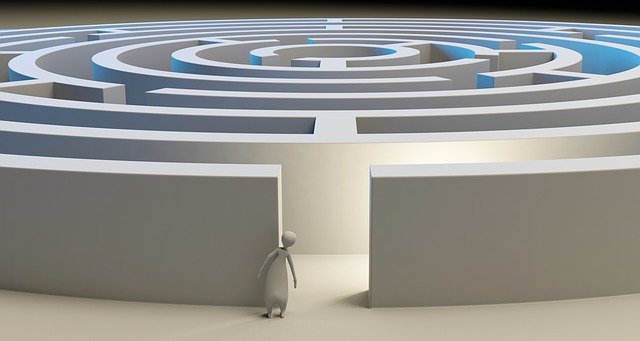Last Friday afternoon we had a virtual Department quiz – a perfect way to end the week. One of the quiz rounds was on riddles. And it got me thinking about the benefits riddles and puzzles have on our learning.
Now, I am very hot and cold when it comes to riddles and puzzles. At last Friday’s quiz, I could not get the image association questions, but the riddles I managed to work out. Other days, the riddles stump me and I am the queen of ‘saying what you see’.
But after the quiz I was buzzing – it was so much fun to socialise with my colleagues and I was challenged to exercise my brain in a way I felt I hadn’t done in a long while. I felt the urge to dust off my old Nintendo DS ‘Dr. Kawashima’s Brain Training’ game and break out the ‘Big Book of Crosswords’ (where did I put that?)
But what are the benefits of riddles and brain teasers?
Well, for me the first is relaxation. This may sound strange for some (it can be frustrating if you can’t work out the answer) but I find, when I am trying to solve a puzzle, I momentarily switch off from what is causing me stress. My mind is solely focussed on solving the riddle, to finding the answer. I’m not worried if I can’t find the answer – I know I will work it out eventually, even if I have to get a little help.
Another benefit is that I feel a real sense of accomplishment. I’m the sort of person who always thinks themselves as ‘stupid’ (I’m working on that) so solving a puzzle gives my confidence and self-belief a boost. And, if I get the answer wrong, I then learn the correct answer and know more than I did before, which I also see as an accomplishment.
I also feel that my brain is sharper the more riddles and puzzles I do. I feel my memory and problem-solving is improved. Riddles make you look at things from different angles, to think laterally. These are skills that can benefit all aspect of my life, learning and work.
Through riddles I find I attain new knowledge – and I remember it better. There’s something, for me, about finding the answer for myself through ‘clues’ instead of just being told it, which helps me retain and apply the new information for longer. This use of riddles for learning is not new:
Did you know?
Riddles date back thousands of years in ancient civilisations around the world. In Anglo-Saxon Briton, Riddles were a literary form that was studied and used for learning. Aldhelm wrote riddles in around the 8th Century – his Enigmata manuscript is believed to have been copied in the South of England – possibly in Canterbury (Aldhelm was a notable graduate of Theodore and Hadrian’s Canterbury School after all)
Want to try it out for yourself?
There’s load of websites out there with riddles and brain teasers. I really like the riddles that TED have (although some are rather fiendish in difficulty). I have included some of my favourites:
Do you have any favourite riddles? Feel free to leave them in the comments below.
Zoe Connell, Organisational and People Development
 People, Culture and Inclusion
People, Culture and Inclusion Zoe Connell
Zoe Connell 269
269


